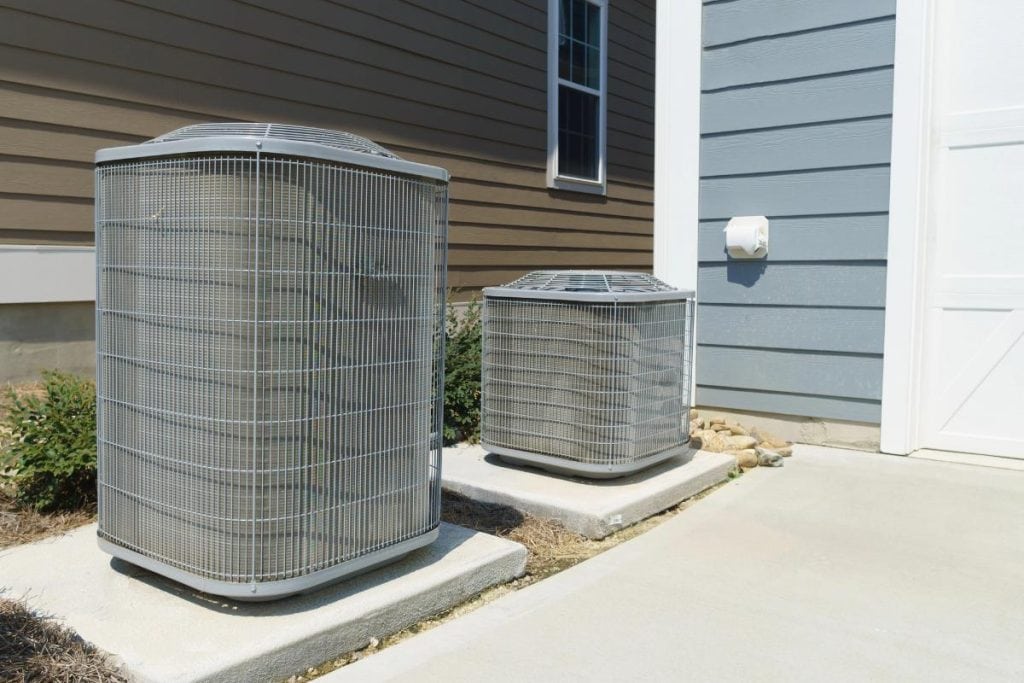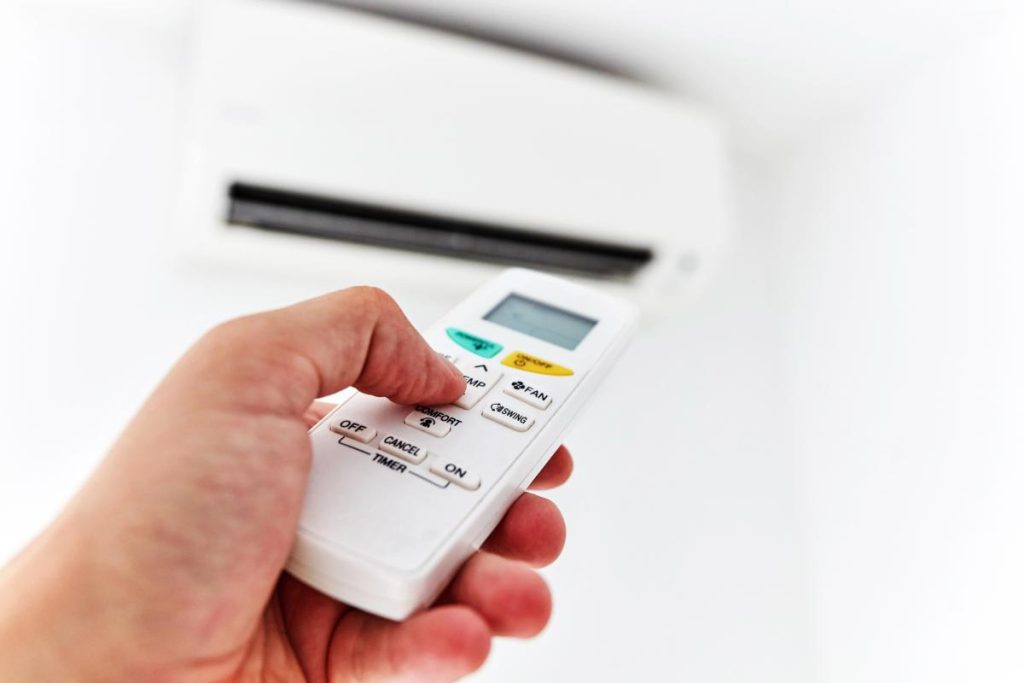Welcome to the scorching heat of summer, where staying cool is a top priority. With temperatures soaring and humidity levels rising, having an efficient air conditioning (AC) system is a necessity. The downfall that comes with constant use is the wear and tear on your AC. The thought of spending money on repairs or replacements can be quite frustrating, which is why you need to prioritize regular maintenance for your AC unit. Let’s delve into these 7 helpful tips!

Drain Water from the AC Window Unit
Ensuring proper maintenance of your AC unit can prevent costly repairs and extend its lifespan significantly. An essential task is draining water from AC window unit to avoid water buildup, which can lead to mold growth and damage to the unit. Make it a habit to check the drainage system regularly to ensure that the water flows out properly and doesn’t accumulate in the unit.
This prevents any potential leakage that could cause water damage to your home. Once you take these preventative measures, you keep your AC running efficiently so you can enjoy a cool and comfortable summer without any interruptions.
Change or Clean the Air Filter Regularly
Over time, filters can become clogged with dust, pollen, and other particles, reducing efficiency and potentially causing the system to overheat. To ensure that your AC maintains peak performance, check and either clean or replace the air filter at least once a month, especially during peak usage periods.
Professionals recommend investing in higher-quality filters that capture smaller particles and have a longer lifespan, making them more cost-effective in the long run. No matter which type of filter you choose, regular cleaning and replacement will be sure to improve the air quality in your home and protect the AC unit.
Inspect and Clean the Condenser Coils
The condenser coils of your AC unit are located outside and can get clogged with dirt, debris, and vegetation. This buildup prevents the coils from efficiently releasing heat, causing your AC to work harder and use more energy. If you want to avoid this from occurring in the first place, inspect and clean the coils at least once a year.
You can use a soft brush or vacuum cleaner to remove any visible dirt and debris. For thorough cleaning, it’s best to hire a professional HVAC technician who has the proper tools and expertise to clean the coils without causing damage.
Check the Thermostat Settings
Make sure your thermostat is set at an optimal temperature to prevent your AC from overworking. Programmable thermostats are an excellent investment, allowing you to set your AC to run less frequently during hours when you are not home, ultimately reducing energy consumption and wear. Imagine coming home to a cool and comfortable house without having your AC run all day. You will save money on your energy bill and prolong the lifespan of your AC unit.

Ensure Proper Insulation
When your home is adequately insulated, you prevent cool air from escaping and keep warm air from infiltrating, thus reducing the strain on your AC system. Check your attic, walls, and ducts for any leaks or gaps, and seal them promptly.
Insulation enhances the overall comfort of your home and leads to significant energy savings and a prolonged lifespan for your AC unit, making it a worthwhile investment. It’s also essential to seal any gaps around your windows and doors, which can also contribute to air leaks.
Clear Debris Around the Outdoor Unit
Sometimes, debris such as leaves, twigs, and dirt can accumulate around the outdoor unit of your AC and, even worse, inside the unit. Regularly inspect the space around the unit and clear any debris, maintaining at least two feet of clearance on all sides.
Keep the area clean to improve airflow and prevent potential damage from objects being pulled into the unit. A simple, consistent maintenance routine can contribute significantly to your AC’s longevity and performance.
In areas with high dust and pollen levels, such as Phoenix, Arizona, regular maintenance becomes even more crucial. Many homeowners rely on expert AC repair in Tempe to keep their systems running efficiently during the hottest months. This kind of support ensures your unit operates smoothly when demand is highest.
Monitor Refrigerant Levels
Maintaining the correct refrigerant levels in your AC unit is a must for optimal performance. Low refrigerant levels can easily decrease cooling efficiency and increase energy consumption, while overcharging can damage the compressor.
Regularly check the refrigerant levels and ensure there are no leaks within the system. If you notice a drop in refrigerant, call a professional technician to inspect, diagnose, and recharge the system as needed. Once the refrigerant level is back to normal, your AC will run more efficiently and last longer.
Your AC unit is a significant investment that requires proper care and maintenance to ensure its longevity and efficiency. Regular maintenance can prevent costly repairs and replacements in the future while keeping your home cool and comfortable during the hot summer months. Following these 7 tips will increase the lifespan of your AC, saving you time, money, and hassle in the long run.
